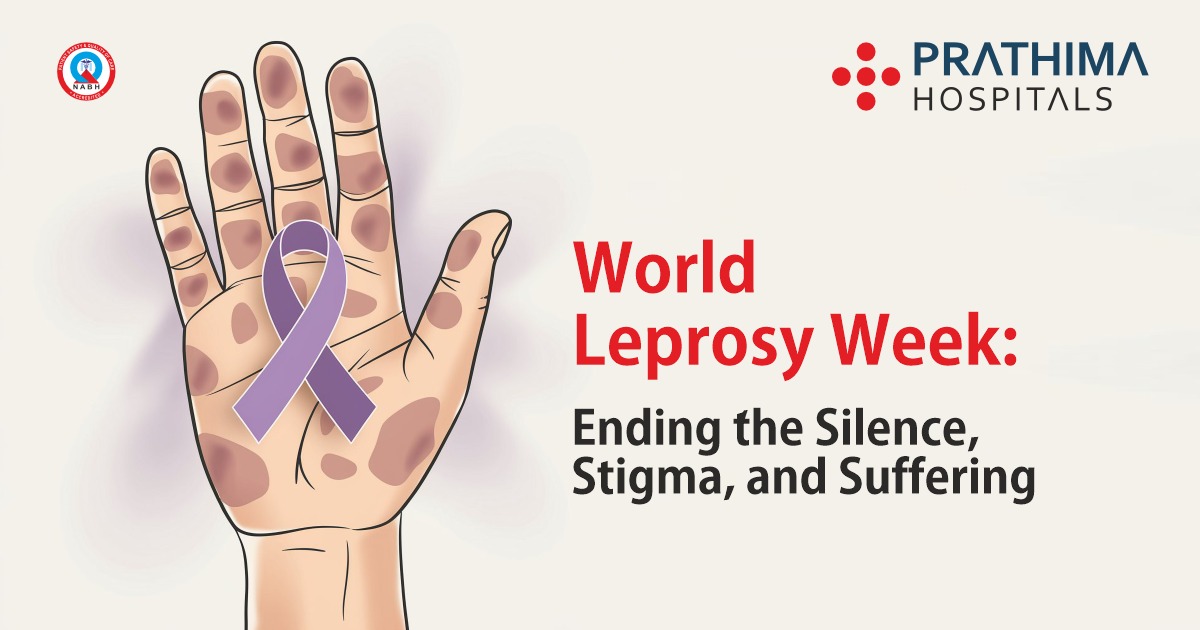Precautions To Take Care By Heart Patients in Winter Season

Many people don’t understand the potential dangers of being outdoors in cold weather. Cold air just doesn’t affect your heart, it affects your whole body. Winter sports enthusiasts who don’t take certain precautions can suffer accidental hypothermia.
Hypothermia means the body temperature has fallen below 35 degrees Celsius or about 95 degrees Fahrenheit. It occurs when your body can’t produce enough energy to keep the internal body temperature warm enough because of which heart attacks are common in the winter season. There are several theories mentioning the cause of heart attack in winter.
The main risk factor is the body’s physiological mechanism – In the human body, we have an autonomic nervous system out of which one component is a sympathetic nervous system whose activation increases in winter and narrows our blood vessels, and this narrowing is called vasoconstriction. This also leads to an increase in the blood pressure of the body.
The blood supply is limited by vasoconstriction and the heart has to work a bit harder to pump more blood to regulate body temperature. Owing to freezing winds in the winter, it is hard to manage the body temperature and easily lose heat, contributing to heart muscle injury. Best Hospital in Hyderabad for Heart diseases.
Prevention:
- Keep body warm
Wear fabric layers. This traps air within layers and forms insulation protection. Wear a cap, it helps in keeping your head and ears warm as ears are particularly likely to freeze more easily. Cover your feet and hands too, so they don’t lose heat easily.
- Infections
There are some other essential medicines to reduce illnesses and prevent lung infections, you can take influenza & pneumonia vaccines prior to the beginning of the season. When illness signs are seen, take proper antibiotics
- Signs of warning
Understand the early signs of the heart attack, even though you are not aware of it, search it out. (tell a doctor about your symptoms). Every Minute counts! Perhaps your own quick response will save your life.
- Alcoholic
Before or right after the physical activity you should not drink alcohol. Alcohol can raise the warmth and allow the person to overlook the extra pressure in the cold inside their body.
- Exercise
Treat yourself to outdoor sports such as jogging. These exercises help reduce hypertension and lower the risk of cardiovascular disease. Stroke patients should avoid coming out at very cold pressures early morning and late at night. They should instead get out when the sun comes out in the afternoon. Along with exercise, having a healthy diet adds a little boost in building up the health this winter.






Warning: Undefined variable $req in /home/u885608126/domains/prathimahospitals.com/public_html/wp-content/themes/prathimahospitals/functions.php on line 294
Warning: Undefined variable $commenter in /home/u885608126/domains/prathimahospitals.com/public_html/wp-content/themes/prathimahospitals/functions.php on line 295
Warning: Trying to access array offset on value of type null in /home/u885608126/domains/prathimahospitals.com/public_html/wp-content/themes/prathimahospitals/functions.php on line 295
Warning: Undefined variable $aria_req in /home/u885608126/domains/prathimahospitals.com/public_html/wp-content/themes/prathimahospitals/functions.php on line 295
Warning: Undefined variable $req in /home/u885608126/domains/prathimahospitals.com/public_html/wp-content/themes/prathimahospitals/functions.php on line 298
Warning: Undefined variable $commenter in /home/u885608126/domains/prathimahospitals.com/public_html/wp-content/themes/prathimahospitals/functions.php on line 299
Warning: Trying to access array offset on value of type null in /home/u885608126/domains/prathimahospitals.com/public_html/wp-content/themes/prathimahospitals/functions.php on line 299
Warning: Undefined variable $aria_req in /home/u885608126/domains/prathimahospitals.com/public_html/wp-content/themes/prathimahospitals/functions.php on line 300
Warning: Undefined variable $commenter in /home/u885608126/domains/prathimahospitals.com/public_html/wp-content/themes/prathimahospitals/functions.php on line 303
Warning: Trying to access array offset on value of type null in /home/u885608126/domains/prathimahospitals.com/public_html/wp-content/themes/prathimahospitals/functions.php on line 303